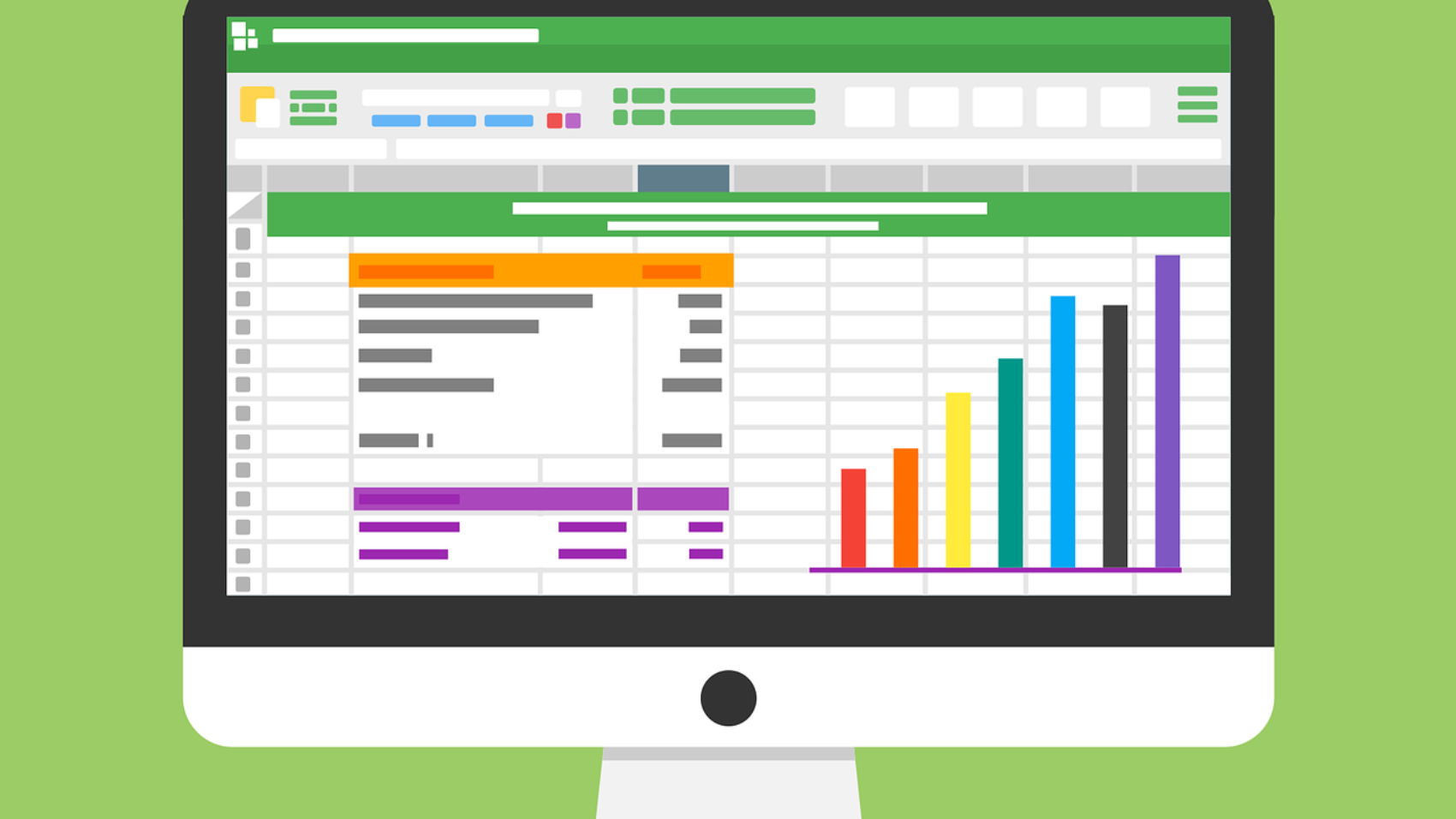The NDIS Review recommended a different approach to planning to deliver better and fairer outcomes for NDIS participants.
This included the development of a new way to gather information about the support people need to inform their NDIS Budget.
The Review said that this approach will be better and fairer for participants and their families, because they will:
- no longer need to source their own reports and provide evidence that they need a range of supports, which imposes costs and time burdens
- have more equitable and fair budgets, reflecting individual support needs
- have more flexibility in their plan to determine their preferred support arrangements.
The NDIA is working to design and test a new way of gathering information about the support people with disability need and to set their NDIS budgets.
Today the NDIA has released:
- an approach to market (via a Request for Tender) for support need assessment tools for adults (16 years and over)
- an industry consultation process (via a Request for Information) about how best to understand support needs for children and specific kinds of support funded by the NDIS.
These processes will identify the best ways of collecting information about the support needs of people with disability in the context of their lives, to help develop an NDIS budget for them.
The NDIA understands the new ways of gathering information will significantly change participants’ experience and we will continue to talk with and listen to the disability community every step of the way.
As recommended in the Review, the transition may take 5 years to ensure a smooth process for participants.
This is the first step in designing and testing the new way of collecting the right information to develop a person’s NDIS budget. This year we will work to design and test this new approach with people with disability and at the end of the year will gradually start working with participants to develop their NDIS budgets using this new approach.
We will start gradually to make sure the new approach works well for participants, and to continue to learn and improve how to do this well.
For most participants, they will continue to have their plans developed using the current process for some time to come. It will take five years for all participants to have their NDIS budgets developed in this new way.
In December 2024, the Government announced $280 million in funding for the NDIA to develop a more consistent approach to understanding participants’ needs for NDIS supports.
The approach to market documents are available on the AusTender website .



